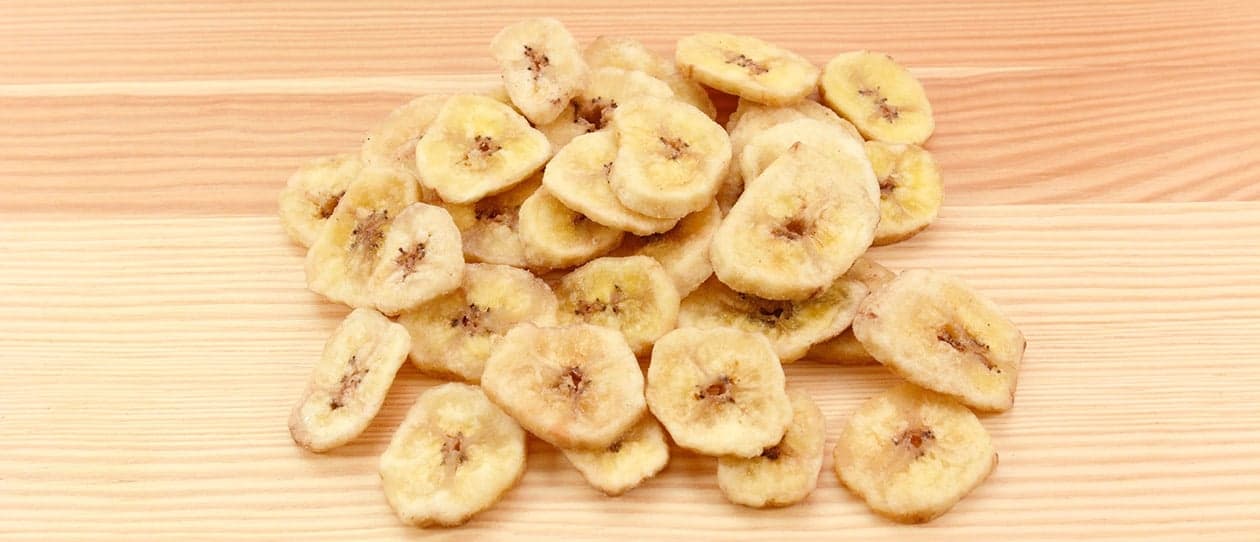
- Health hub/
- Weight management/
- When good foods turn bad


Olive oil
- The good: The less processed varieties of olive oil such as extra virgin contain a wide variety of antioxidants. These are also high in mono-unsaturated fats, which is a healthy type of fat for your heart. It is rich in nutrients such as vitamin E, helping to promote a healthy metabolism. Finally, olive oil helps slow down the absorption of carbohydrates, reducing the body’s need to release the fat storage hormone insulin.
- The bad: All fats, including healthy ones like extra virgin olive oil, are high in kilojoules. It can still contribute to excess body fat if your kilojoule intake exceeds your kilojoule expenditure.
- The solution: While olive oil is a good choice amongst fats, don’t have more of it. Monitor your portions, and adjust your intake according to your weight loss goals and activity levels. Choose less processed varieties such as extra virgin olive oil to maximize your nutrient intake.
Fruit
- The good: Fruit adds colour, sweetness, fibre and a wide range of nutrients and antioxidants to your diet. It’s a convenient and healthy snack option, and it can also be used in salads, over breakfast cereal, or as a healthy dessert.
- The bad: Fruit is loaded with the high kilojoule sugar fructose, especially when processed. Juicing, drying or peeling fruit concentrates its kilojoule content and reduces its potential to make you feel full.
- The solution: Be aware of your portion sizes of fruit if weight loss is your goal. Aim for no more than 2 (women) to 3 (men) servings of fruit a day, and eat whole fruit as nature intended instead of juice or dried fruits. It’s also advisable to eat the skins where possible, such as on apples, pears and kiwi fruit. This boosts your fibre intake and slows down the abruption of fruit sugars. If you must have juice, keep your serving size small, or water it down.
Nuts
- The good: Nuts and seeds are packed with protein, antioxidants, vitamins, minerals and fibre, making them an excellent hunger buster. Nuts and seeds are rich in essential “good” fats, the type of fat that are best for your heart health.
- The bad: Nuts and seeds are very high in fat and kilojoules, and may contribute to weight gain depending on the serving size. They can also roasted in oil, sprinkled with salt, or covered with chocolate. This negates any health benefits associated with nuts.
- The solution: If you snack on nuts, watch your portion size, and stick to the unsalted variety. Use small zip lock bags for portion control and easy transport. Nuts and seeds are delicious sprinkled over stir-fries, soups, salads, casseroles, breakfast cereal and yoghurt.




